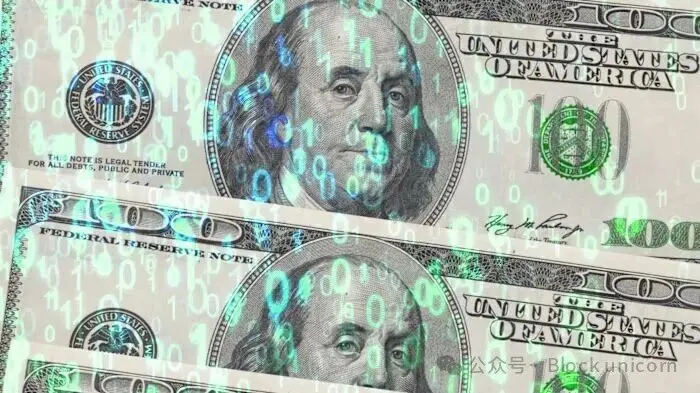a16z: What does Trump's victory mean for crypto?
Original Title: A Positive Path Forward
Authors: Miles Jennings, Michele Korver, Brian Quintenz, a16z crypto
Compiled by: 0xjs, Jinse Finance
Cryptocurrency founders are asking us what the recent U.S. elections mean for their projects. We tell them that we have a fantastic opportunity to build on the bipartisan cooperation of the last Congress and bring the best of cryptocurrency to the world.
In the coming months, we expect to hear a range of speculation and "hot topics" about what will happen in terms of legislation and regulation—most of which will be just noise. The fact is, it is too early to judge how everything will unfold, but what we do know is that it is significant for the industry. We are very optimistic that the government will now promote innovation, accelerate progress, and allow the crypto ecosystem to thrive in the U.S.
This will enable us to achieve many consumer benefits in the future that excite us: giving people ownership of their digital identities, providing new business models for creators, using stablecoins for low-cost or free cross-border transactions, offering new ways for small businesses like restaurants to interact with customers, the emergence of decentralized social networks, the development of physical infrastructure like energy grids, and blockchain that democratizes AI and gaming, along with many more things we can't even imagine.
The good news is that there is now a pathway for constructive engagement with regulators and legislators that can bring regulatory clarity. You should all feel empowered to explore all the breakthrough products and services supported by blockchain, including tokens. While we may have greater experimental flexibility, we must not forget that the fundamental regulatory principles applicable to blockchain systems remain unchanged. This means that "where there is trust, there is regulation" still applies. Therefore, you should continue to focus on eliminating centralization aspects or reliance on trust in your projects, as these areas will continue to be subject to regulatory scrutiny.
Next year, we will advocate for clear regulatory frameworks to promote and support innovation and decentralization. This is both an opportunity and a responsibility for builders—you can actively shape the future by developing projects that demonstrate how decentralized protocols can mitigate risks and justify new regulatory approaches.
This will provide a decentralized path for well-meaning entrepreneurs while protecting consumers by ensuring early detection of scams and fraud.
Regardless of how new legislation or regulatory environments adjust, regulators and policymakers will still effectively scrutinize certain aspects of the industry. This is especially true for token offerings, and the principled guidance in our token issuance handbook remains applicable.
We should expect that these clear rules will make it easier to identify and shut down bad actors (similar to FTX) while allowing well-meaning projects to take off. This can protect consumers and rebuild trust and confidence in the technology. Previous enforcement approaches lacked regulatory clarity, hindering good actors while enabling bad actors, which actively harmed consumer interests and unfairly undermined trust in the space.
However, for many, concerns about overregulation have delayed the use of tokens to allocate project control and build communities; now you should feel more confident about using tokens as legitimate tools in your projects. We will also soon release new guidelines on using Decentralized Unincorporated Nonprofit Associations (DUNA) for projects looking to establish themselves in the U.S., shielding token holders from liability, managing tax and compliance needs, and facilitating more economic activity.
The outlook for cryptocurrency in the U.S. is bright—now is the best time to build in the U.S., and we are excited about the potential for achieving regulatory clarity in the end.



























